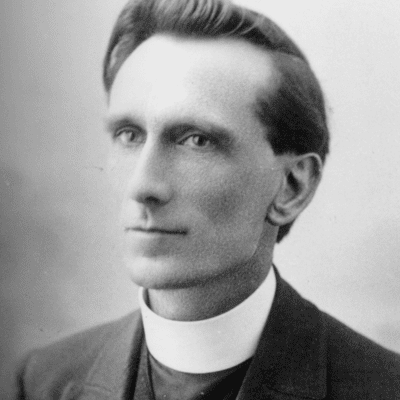The Consecration of Spiritual Power
If I dwell on the Cross of Christ, I do not simply become inwardly devout and solely interested in my own holiness— I become strongly focused on Jesus Christ’s interests. Our Lord was not a recluse nor a fanatical holy man practicing self-denial. He did not physically cut Himself off from society, but He was inwardly disconnected all the time. He was not aloof, but He lived in another world. In fact, He was so much in the common everyday world that the religious people of His day accused Him of being a glutton and a drunkard. Yet our Lord never allowed anything to interfere with His consecration of spiritual power.
It is not genuine consecration to think that we can refuse to be used of God now in order to store up our spiritual power for later use. That is a hopeless mistake. The Spirit of God has set a great many people free from their sin, yet they are experiencing no fullness in their lives— no true sense of freedom. The kind of religious life we see around the world today is entirely different from the vigorous holiness of the life of Jesus Christ. “I do not pray that You should take them out of the world, but that You should keep them from the evil one” (John 17:15). We are to be in the world but not of it— to be separated internally, not externally (seeJohn 17:16).
We must never allow anything to interfere with the consecration of our spiritual power. Consecration (being dedicated to God’s service) is our part; sanctification (being set apart from sin and being made holy) is God’s part. We must make a deliberate determination to be interested only in what God is interested. The way to make that determination, when faced with a perplexing problem, is to ask yourself, “Is this the kind of thing in which Jesus Christ is interested, or is it something in which the spirit that is diametrically opposed to Jesus is interested?”
Taken from “My Utmost For His Highest”




